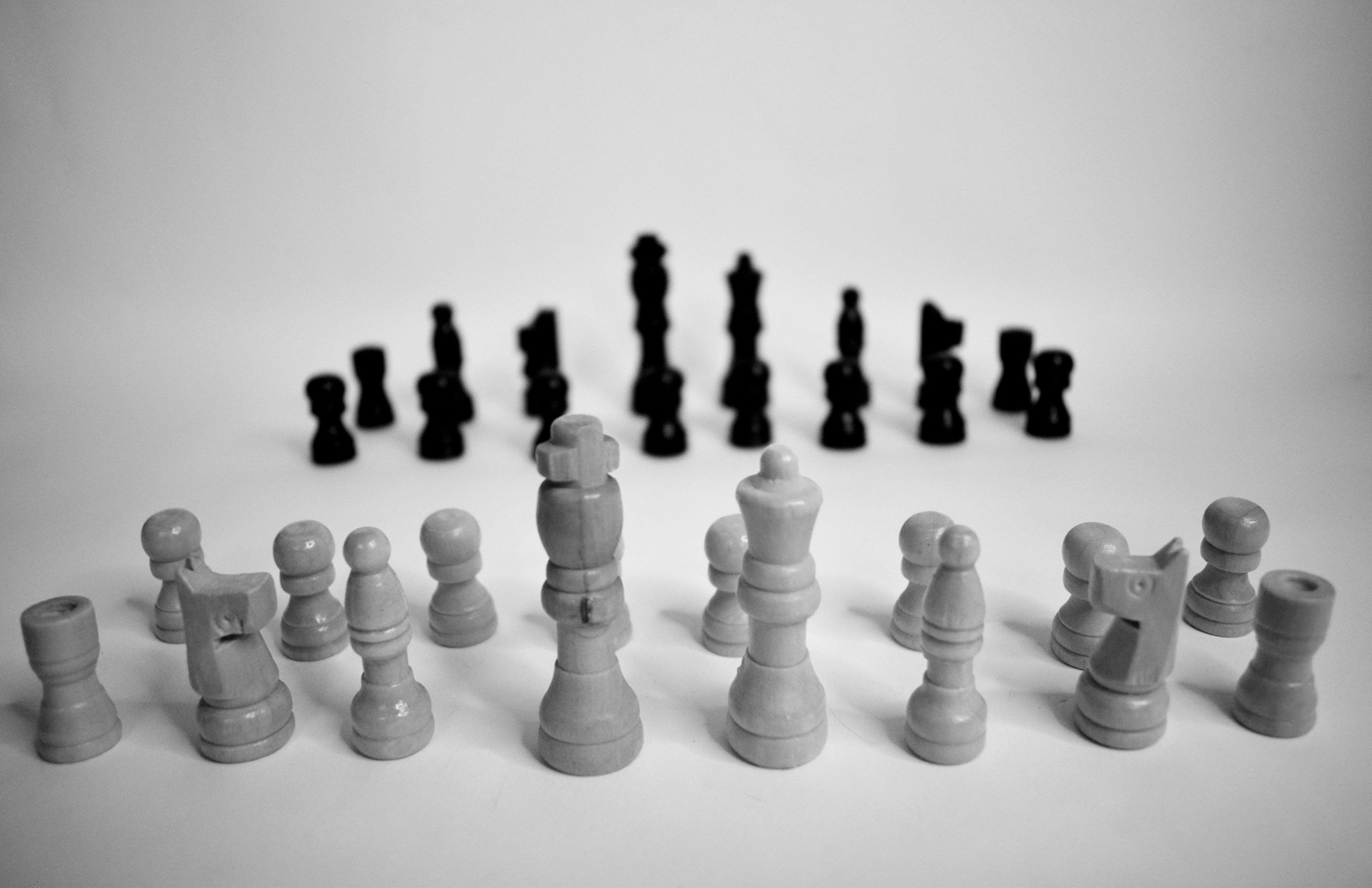Why Conflict is a Good Thing (Yes, Really!)
When you hear the word conflict, what’s your first reaction? For many, it triggers stress, avoidance, or the mental image of a tense boardroom showdown. But what if I told you that conflict isn’t the villain—it’s actually the secret weapon to stronger teams, better ideas, and deeper connections?
Yep, conflict can be a good thing. In fact, it’s necessary. Here’s why.
1. Conflict is a Catalyst for Growth
Think about the last time you had a disagreement at work. Did it force you to reconsider your approach? Challenge an outdated assumption? Push for a better solution? When handled well, conflict forces people out of their comfort zones and into innovation.
Some of the best breakthroughs in history have come from heated debates—scientists challenging each other’s theories, leaders fighting for a vision, or creative teams hashing out a bold new direction. If we all agreed all the time, we’d be stuck in mediocrity.
Tip: Use conflict as a signal for growth. When tension arises, ask: What’s the opportunity here?
2. Healthy Conflict Builds Stronger Relationships
Avoiding conflict doesn’t make it disappear—it just lets resentment fester under the surface. When people openly discuss issues, it builds trust. Constructive conflict means addressing disagreements directly and respectfully rather than gossiping or bottling up frustrations.
When done right, conflict can actually deepen relationships. It shows that you value honesty over harmony and care enough to work through differences.
Tip: Practice active listening. Instead of reacting defensively, ask: Can you help me understand your perspective?
3. It Fuels Better Decision-Making
Imagine a team where everyone nods along to the loudest voice in the room. Sounds peaceful, right? But also… kind of dangerous. Without challenge and debate, bad ideas go unchallenged, and the best solutions may never come to light.
Diverse perspectives create stronger decisions. Healthy conflict means questioning assumptions, stress-testing ideas, and ensuring decisions are well thought out—not just easy or convenient.
Tip: Encourage productive disagreement in meetings. Instead of aiming for consensus, aim for clarity.
4. Conflict Helps You Understand Yourself (and Others)
Why do some conflicts set you off while others don’t? The answer lies in emotional triggers—those deep-seated reactions formed over years of experience. Recognizing your triggers (and those of others) is a game-changer.
If someone challenges your ideas and it feels personal, pause and ask: Is this about the situation, or is it triggering something deeper? Learning to manage emotional responses can turn conflict into a tool for self-awareness.
Tip: Next time a conflict sparks, pause and reflect: What’s really driving my reaction?
5. It’s a Skill That Sets You Apart
Most people avoid conflict. They dodge difficult conversations, tiptoe around issues, or sugarcoat feedback. But those who learn to navigate conflict with confidence? They stand out as leaders.
Handling conflict effectively is a superpower. It helps you build trust and influence and create an environment where people feel heard. Whether you’re leading a team, negotiating with clients, or navigating personal relationships, mastering conflict resolution makes you invaluable.
Tip: View conflict as a skill to develop, not a problem to avoid.
Turning Conflict into Connection
Conflict isn’t about winning or losing. It’s about understanding, problem-solving, and growth. Don't shy away the next time you face tension—lean in. Approach it with curiosity, empathy, and a commitment to finding a way forward.
Because when handled well, conflict isn’t destructive—it’s transformative.
Now, over to you: What’s one way you can shift your mindset around conflict this week?





